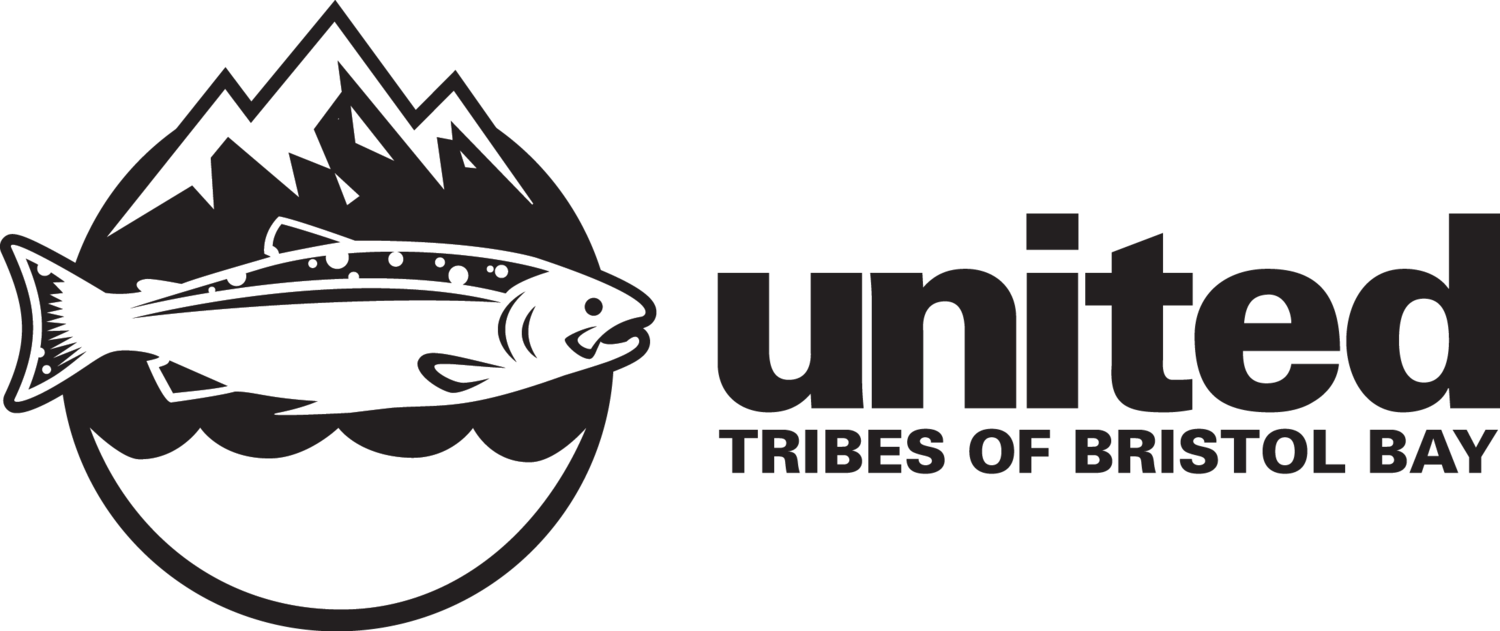Monitoring the Nuyakuk Hydroelectric Proposal by Nushagak Cooperative
Currently, UTBB does not support or oppose the Nuyakuk Hydroelectric proposal.
UTBB’s commitment is to the protection of fish habitat and promoting transparent public and Tribal engagement by project proponents. We recognize the Region’s energy crisis and fully support transitioning to more sustainable energy sources. We also recognize that the lifeblood of Bristol Bay is wild salmon. UTBB’s Board of Directors will not support projects that increase long-term risk or demonstrate negative impacts to fish and their habitat. UTBB has retained technical experts to assist our organization in understanding the potential impacts and benefits of the project.
UTBB also recognizes the sovereignty of individual Tribes’ positions on the project, especially those closest to the project. Koliganek, New Stuyakhok, and Ekwok have all formally opposed Nushagak Cooperative’s Nuyakuk project due to the potential for adverse impacts on fish.
Key Concern: Potential Impacts on Nuyakuk River Salmon
In its Life Cycle Model, Nushagak Cooperative found that its proposed Nuyakyk Hydro project may cause an over 30% reduction in the sockeye salmon population on the Nuyakuk River if they divert the full amount of water allowed by law. Though the models cover many years, the fish passage studies the Cooperative used to assess these risks were all done in high flow years, and therefore likely underestimate the risk to fish. While the Cooperative notes there will likely be restrictions placed on the amount of river flow the project can use, the Cooperative has not shared what they think are adequate flow levels to ensure the project can safely operate alongside healthy salmon runs.
Key Concern: Questionable Economic Viability
The level of flow in the river will determine how much water is available for both fish passage and energy production. With projected climate changes during the summer months, the Cooperative could face flow levels where the project cannot both operate and simultaneously leave enough water in the river for fish. This creates serious questions about economic viability and how the project will impact rates for co-op members.
Key Concern: Lack of Meaningful Engagement
The Cooperative’s original research plan directed them to conduct household subsistence surveys in six communities and consult with Tribes about cultural resources that could be impacted by the project. To date, the Cooperative has not met either of these commitments. While the Cooperative hosted a handful of single-day workshops in affected communities to discuss subsistence resources, meaningful engagement on subsistence and issues important to Tribes has been insufficient. Furthermore, the Cooperative has not held a single statutorily required cultural resources consultation since the process began.
Project Status in Federal Licensing
Last spring, the Cooperative responded to public comments on their Updated Study Report.
UTBB’s staff and technical experts were disappointed in the Cooperative’s dismissal of the concerns many shared about inadequate studies and the projected potential impacts to fisheries.
The federal licensing agency requested the Nushagak Cooperative complete more studies, but the Cooperative has yet to announce if or when it will complete them. It has indicated it will file its draft license application in November 2025, though there is no deadline to do so. When it is filed, another public comment period will take place. Please stay tuned for more info.
UTBB is working to address the concerns directly with Nushagak Cooperative and encourage others to get informed and engaged throughout the licensing process.
